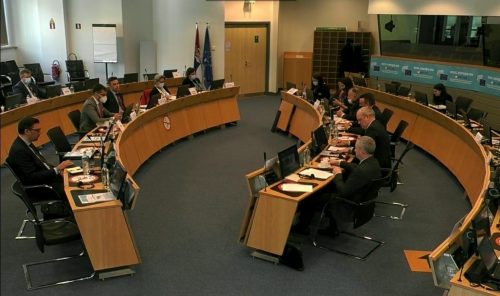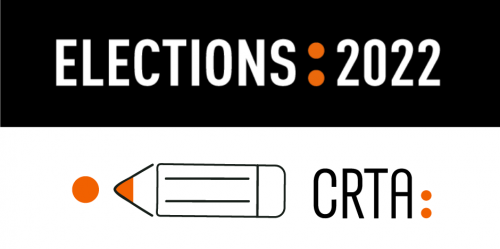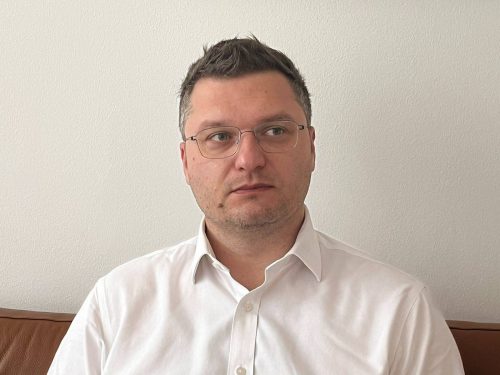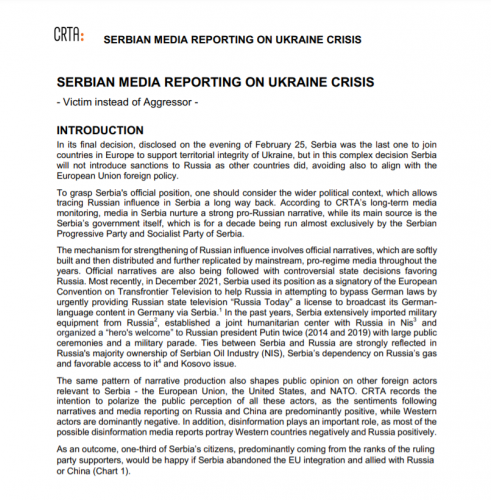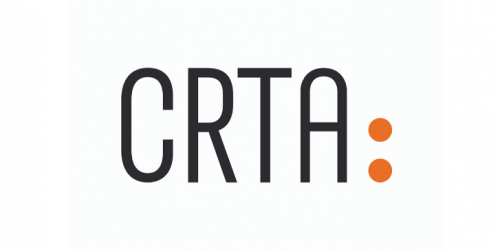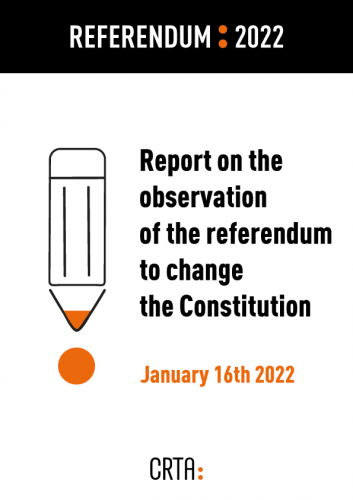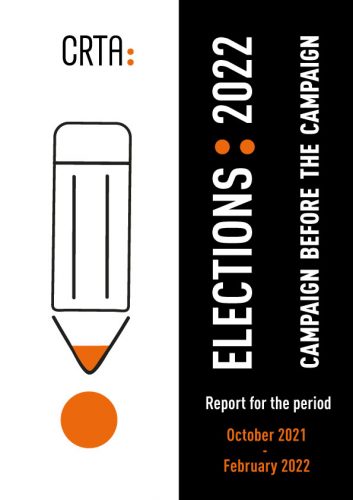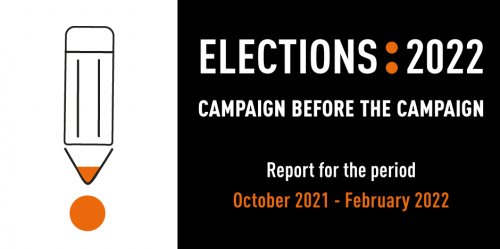On behalf of CRTA, I would like to thank you for the opportunity to address the Committee. The election campaign in Serbia started with diversity in the election offer but in less favorable conditions for parties that do not constitute the ruling majority. The course of the campaign, so far, shows the presence of issues which burdened previous Serbian elections, also erasing the line between the state and party: abuse of state resources and office, pressures on voters, vote-buying and other forms of electoral corruption.
CRTA has formed the largest election observation mission so far, that will assess the quality of voting process at presidential, parliamentary and Belgrade elections on April 3. More than three thousand of observers, trained in accordance with the highest international standards, will monitor elections, which is twice more observers than in 2020 elections.
On behalf of CRTA, I would like to thank you for the opportunity to address the Delegation. 2022 Elections will take place in the shadow of the Russian invasion of Ukraine. Serbian authorities’ hesitation to fully align with the EU foreign policy is an outcome of a long-trend Russian political and economic influence and Serbian energy dependency from Russia. The context of war and lack of straightforward policies may intensify tensions in the ongoing election campaign. Pro-regime media are exploiting the war to glorify Russia and create new narratives that the president is heroically resisting pressures in securing Serbian independence. The election campaign in Serbia started with diversity in the election offer but in less favorable conditions for parties that do not constitute the ruling majority.
The analysis showed that, in the absence of the official statements due to the state’s long hesitation to determine, mainstream pro-regime media reported dominantly in favour of Russia. In their reporting, they admired the supremacy of the Russian army and Putin’s determination to confront the West, creating a narrative of Russia as a victim. This was extremely…
The analysis showed that, in the absence of the official statements due to the state’s long hesitation to determine, mainstream pro-regime media reported dominantly in favour of Russia. In their reporting, they admired the supremacy of the Russian army and Putin’s determination to confront the West, creating a narrative of Russia as a victim. This was…
A referendum in which the citizens of Serbia voted to confirm the Act amending the part of the Constitution of the Republic of Serbia related to justice was called on November 30, 2021, and held on January 16, 2022, at 8,189 polling stations. 6,510,323 citizens of Serbia were registered to vote. The referendum was organized…
The findings of the CRTA Observation Mission are that, unlike previous pre-election periods, and in the context of a parliament without any opposition parties , state institutions were strongly involved in running the campaign before the campaign until the calling of the elections. The key feature of this period and institutional practice was the production…
Erasing the line between state and party interests, and a strong commitment of government representatives to use state institutions as a means to secure support to the ruling party and to build a personality cult around Aleksandar Vučić, with contributions by mainstream media, marked the “campaign before the campaign”, as shown by the CRTA Election…
Our topics
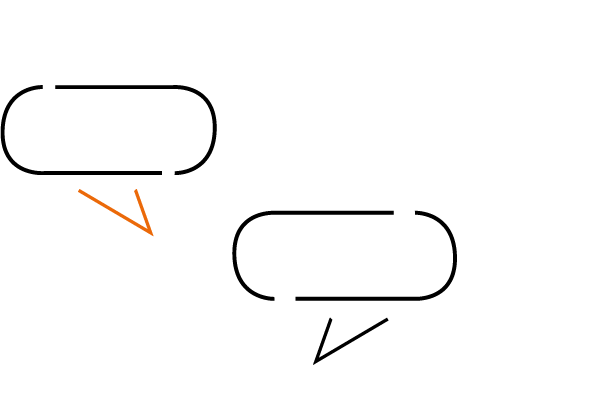
Democratic culture
Because politics is not just for politicians. It is our human and citizen right to participate in the processes of making decisions which influence our lives. A dialogue has no alternative.
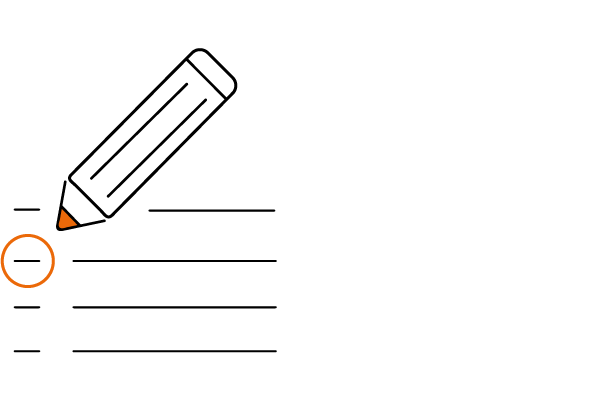
Free and fair elections
Because elections are the pillars of democracy. It is every citizen’s right to decide on whom to give his/her vote in free and fair conditions. Our vote is valuable and it can make a difference.
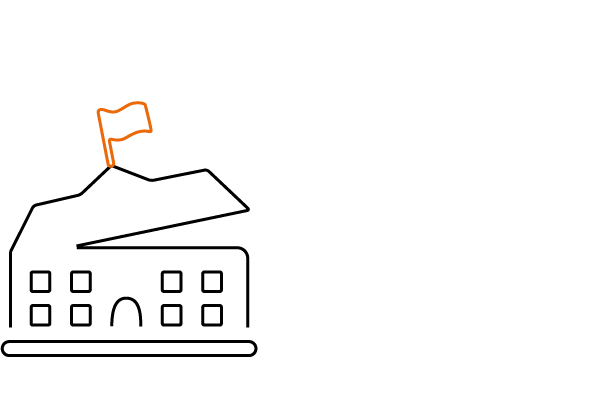
Open institutions
Because institutions serve the citizens. We need strong institutions with integrity which protect the public interest.
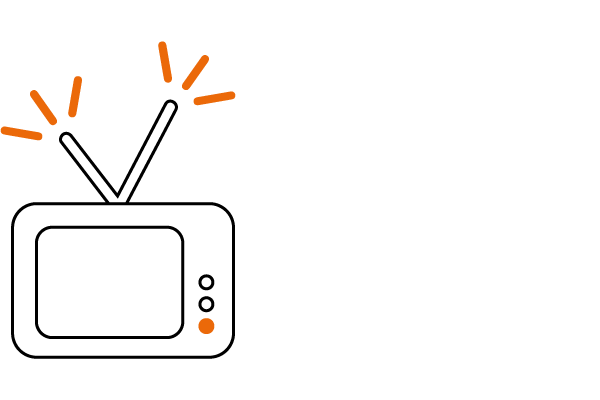
Free media
Because media should ask questions and critically analyse the reality. We need the media which protect the public interest and tackle the needs of the citizens.




